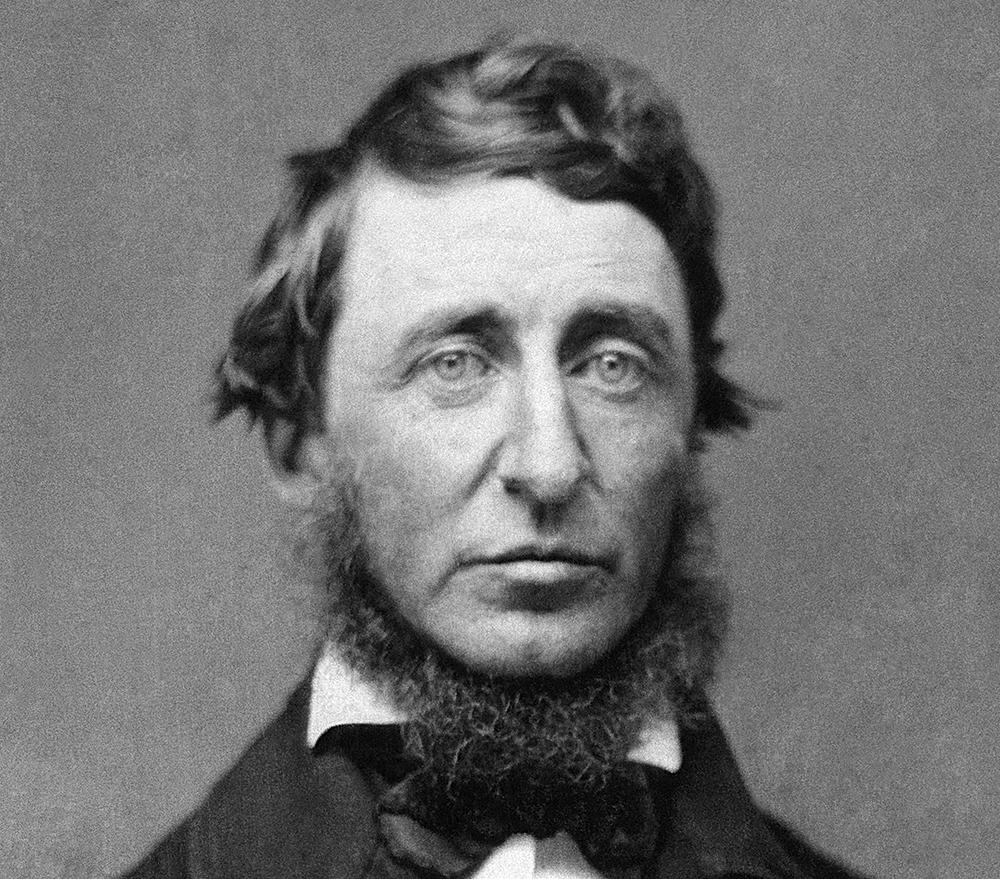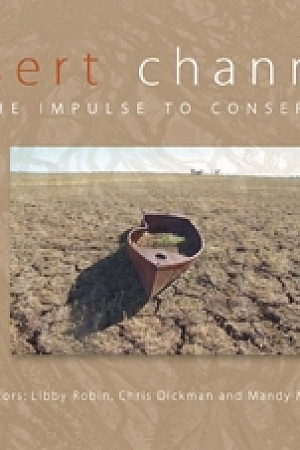Thoreau’s Religion: Walden Woods, social justice, and the politics of asceticism
Cambridge University Press, £75 hb, 331 pp
Power in delight

Towards the end of Thoreau’s Religion, Alda Balthrop-Lewis, an academic at Australian Catholic University, evokes an experience each of us has likely had in some form. The sight of a rainbow or the sound of a bird amazes you so much that you simply have to share it. Delight inspires you to share with others, so that it may alter them as well as your relationship bringing you, collectively, into a more intimate and responsible accord with the freshly encountered world. In a book about Henry David Thoreau (1817–62), the explicit aim of such a passage is to convey that, contrary to the inherited belief that Thoreau was a dour ascetic, he actually embraced delight, and that, in this spirit of delight, his writing might be understood as a type of exhortation to ‘Look!’.
Continue reading for only $10 per month. Subscribe and gain full access to Australian Book Review. Already a subscriber? Sign in. If you need assistance, feel free to contact us.











Leave a comment
If you are an ABR subscriber, you will need to sign in to post a comment.
If you have forgotten your sign in details, or if you receive an error message when trying to submit your comment, please email your comment (and the name of the article to which it relates) to ABR Comments. We will review your comment and, subject to approval, we will post it under your name.
Please note that all comments must be approved by ABR and comply with our Terms & Conditions.